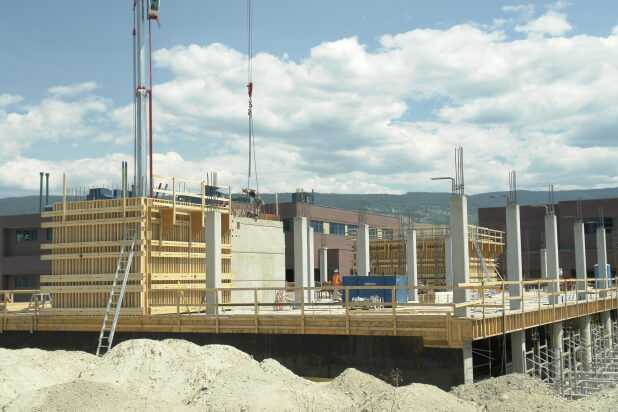You have been wronged, but you do not have time to wait for litigation because you need immediate action to remedy the wrong? What can the injured party do if he has suffered damage in the course of the infringement which he later finds difficult or impossible to prove? These questions often arise in the context of construction and renovation work, where the contractor often delays or defects in the work. In this article we seek to answer these questions.
In the cases described above, it is advisable to request an order for evidence immediately, at the time the problem arises, before the litigation. The reason for requesting a preliminary order for the taking of evidence immediately is not only that it would probably not be possible to take evidence at all or not completely successfully or would be very difficult to take evidence later, but also because in many cases the other party, seeing the result of the evidentiary procedure, will not enter into a protracted litigation (the costs of which he will also have to bear in the event of a dispute) and is more willing to settle out of court in such cases.
The order for the taking of evidence is governed by the Civil Procedure Code (Act CXXX of 2016 on the Code of Civil Procedure) and the Act XLV of 2008 on certain notarial non-litigious procedures. The court and the notary can both be requested to order the taking of evidence. If you want to ask a court to order a preliminary inquiry, the Pp applies, which states,
that a preliminary inquiry may be made at the request of an interested party before the institution of proceedings or during the pendency of proceedings, starting from the date on which the application is admissible, if such inquiry would be impossible or would prove very difficult to conduct successfully in the course of the proceedings or at a later stage thereof, or if the preliminary inquiry would facilitate the avoidance of proceedings or their conclusion within a reasonable time, or if the preliminary inquiry is permitted by law.
According to Kjnp., preliminary evidence is required if the applicant has a legal interest in obtaining evidence - in particular to establish a material fact or state of affairs. No preliminary evidence is required if civil or criminal proceedings are pending. If special expertise is necessary to establish or assess a fact or other circumstance of importance to the applicant, the notary may be requested to appoint a forensic expert.
The difference between the two procedures is that in matters that are easier to judge, i.e. those that are not a technical matter, the notary can give an opinion. For example, the notary can declare that the walls are not standing or the trench is not dug. This declaration is a public deed, so its truthfulness must be accepted (there is room for counter-evidence). However, if a technical question arises, for example, why the performance is defective (why the wall fell down, whose fault it was, or why the excavated trenches collapsed, whose fault or whose omission it was), the notary cannot give a statement on this, but must also appoint a forensic expert, whose costs (expert's fees) must be advanced to the applicant (which can be claimed later as legal costs in the event of litigation). The expert's opinion thus obtained cannot necessarily be used as an expert opinion in litigation proceedings, since, as a general rule, this is possible if the opposing party can (or has) put questions to the expert.
The advantage of requesting the court to provide preliminary evidence is that it is subject to the rules of the ordinary evidentiary procedure. In this context, the expert opinion is prepared by the appointed expert in such a way that the opposing party has the opportunity to ask questions. In this case, the expert's opinion can therefore certainly be used in subsequent litigation.
In our opinion, if a simple fact or data needs to be established, it is worth applying to the notary for a preliminary evidentiary procedure, but if a more complex, technical issue arises, it is worth applying to the court for a preliminary evidentiary procedure.
This entry was made by:
ICT TEAM



